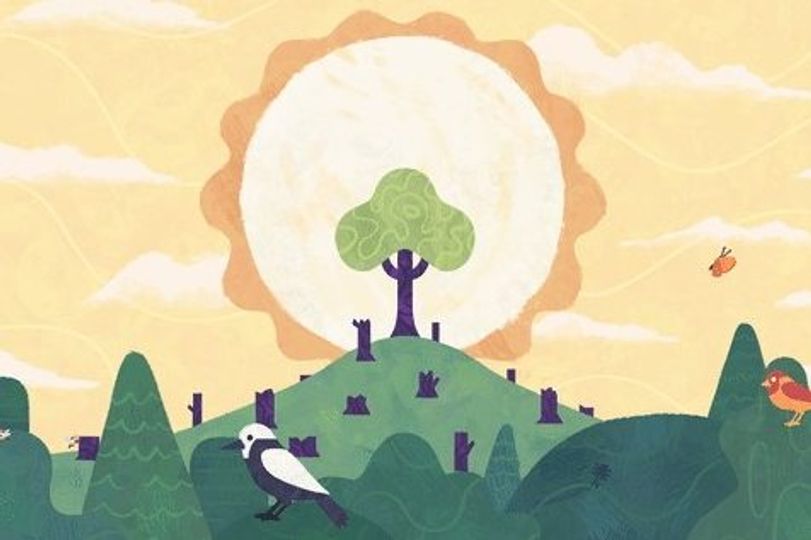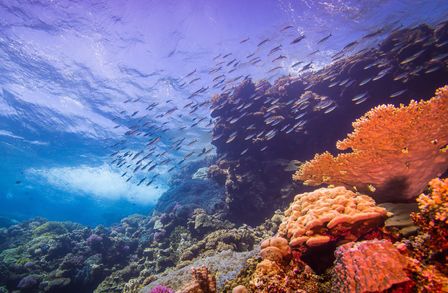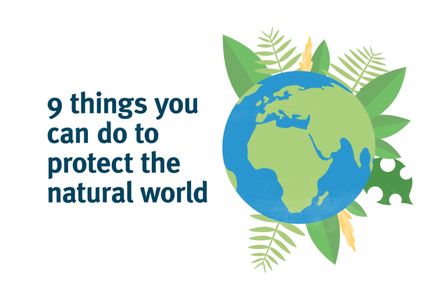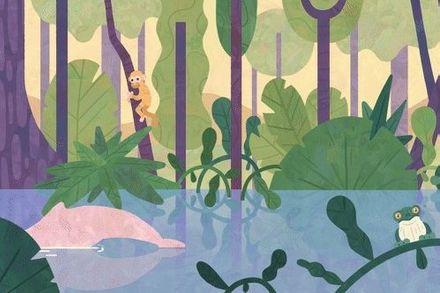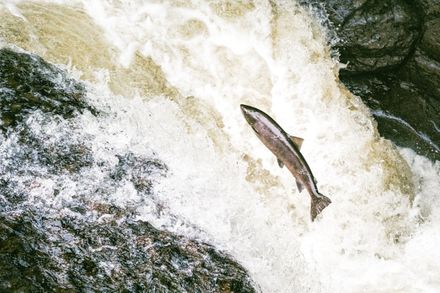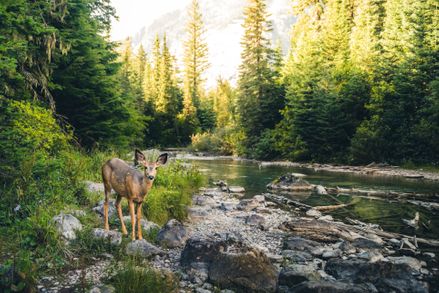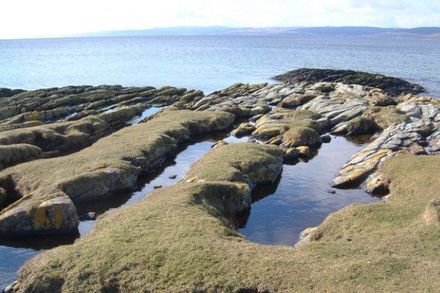Delegation
View our COP15 delegation and media contacts
Current rates of biodiversity loss are unprecedented in human history and threaten the delivery of key ecosystem services that underpin human health such as clean water and access to nature.
The 15th United Nations Biodiversity Conference of the Parties (COP15), hosted in Montreal, Canada, in December 2022, saw countries come together to agree a new set of goals for nature over the next decade through the Convention on Biological Diversity (CBD) post-2020 framework process.
Our Imperial academic community attended COP15 to share our collective expertise and understand more about the ways in which science can influence policy. Read their reflections on the outcome of the conference here.
How to solve the climate and biodiversity crisis
How can the world solve the climate and biodiversity crises?
Biodiversity loss and climate change are two of the biggest and most urgent threats facing human society worldwide. Human activities drive both crises, and the crises also fuel one another. Many solutions benefitting biodiversity can also significantly contribute to climate action, and vice versa. This animation shows how policymakers can implement solutions that deliver benefits for climate and nature simultaneously.
Imperial voices on nature
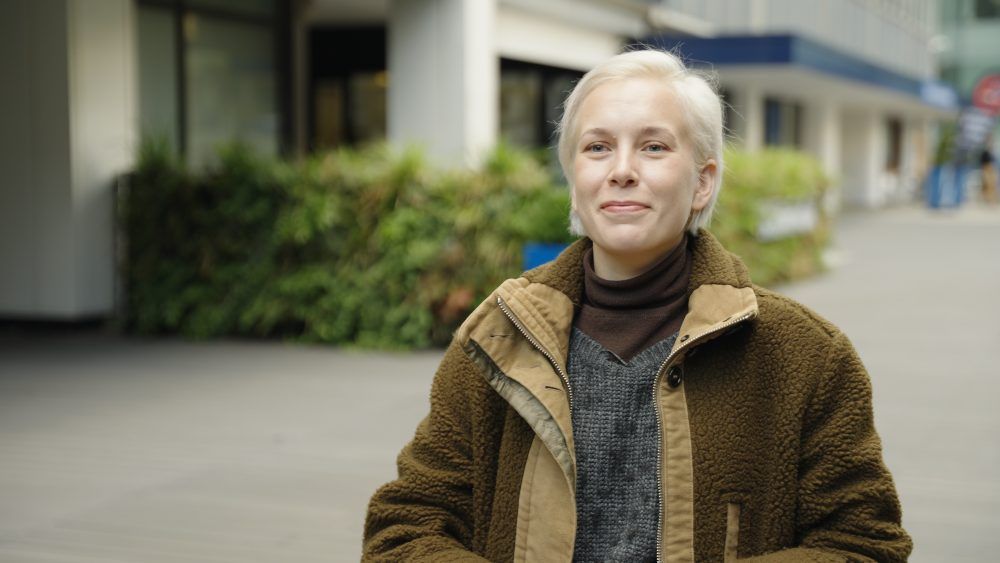
Galina Jönsson, Research Postgraduate
talking head interview with Galina Jönsson about biodiversity loss
The biodiversity crisis is as urgent as the climate crisis – and intimately interconnected, says Galina Jönsson, an ecologist and Research Postgraduate at Imperial and the Natural History Museum.
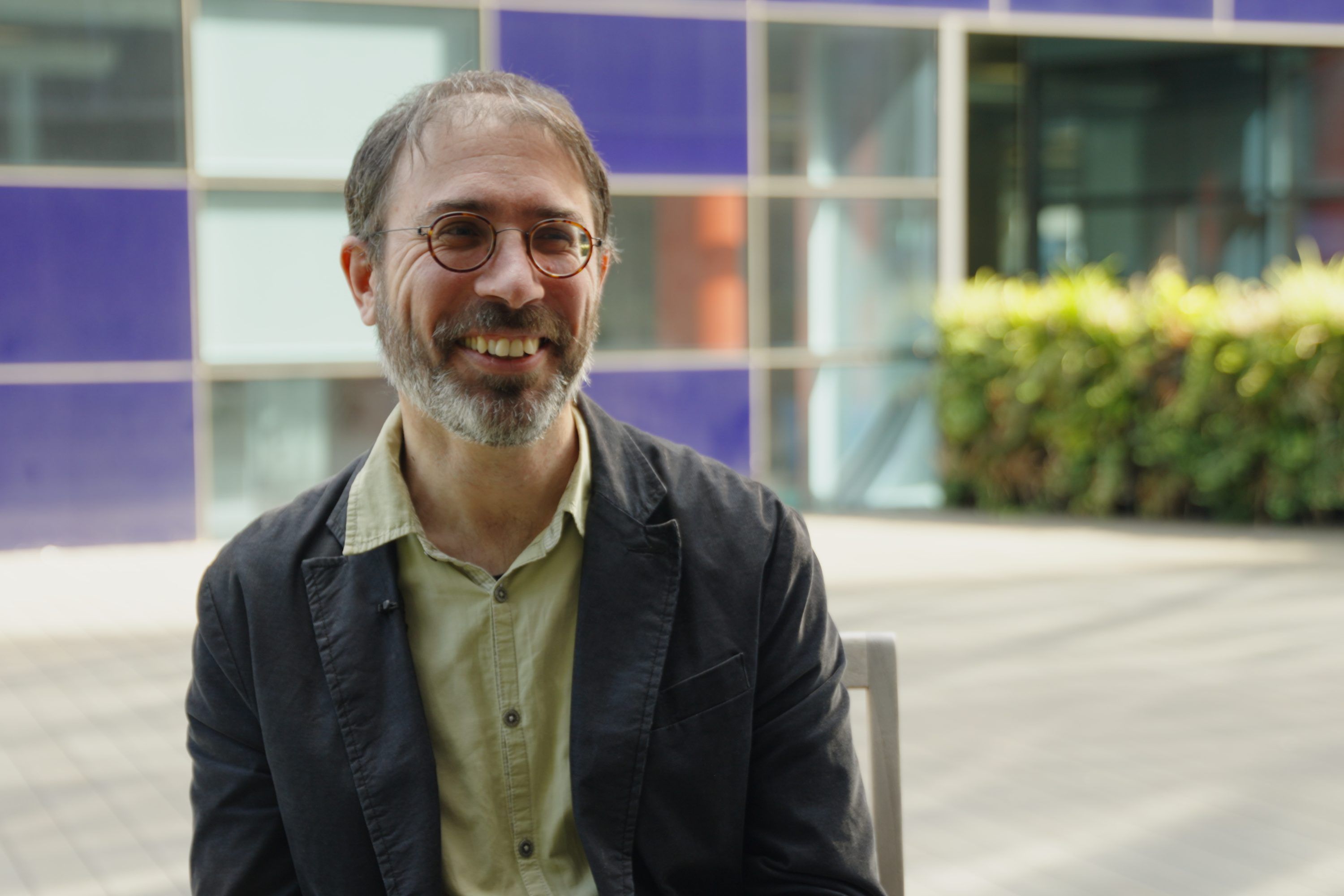
Wouter Buytaert, Professor of Hydrology and Water Resources
Professor Wouter Buytaert discusses his research on water supply.
Droughts and floods will become more extreme if we don’t act on climate change, says Wouter Buytaert, Professor of Hydrology and Water Resources at Imperial.

Dr Bonnie Waring, Senior Lecturer at the Grantham Institute
Dr Bonnie Waring discusses the carbon cycle and how far forests can help tackle climate change.
Dr Bonnie Waring, Senior Lecturer at the Grantham Institute, discusses her research on the carbon cycle and how far nature-based solutions like tree planting can be effective in helping to tackle climate change.
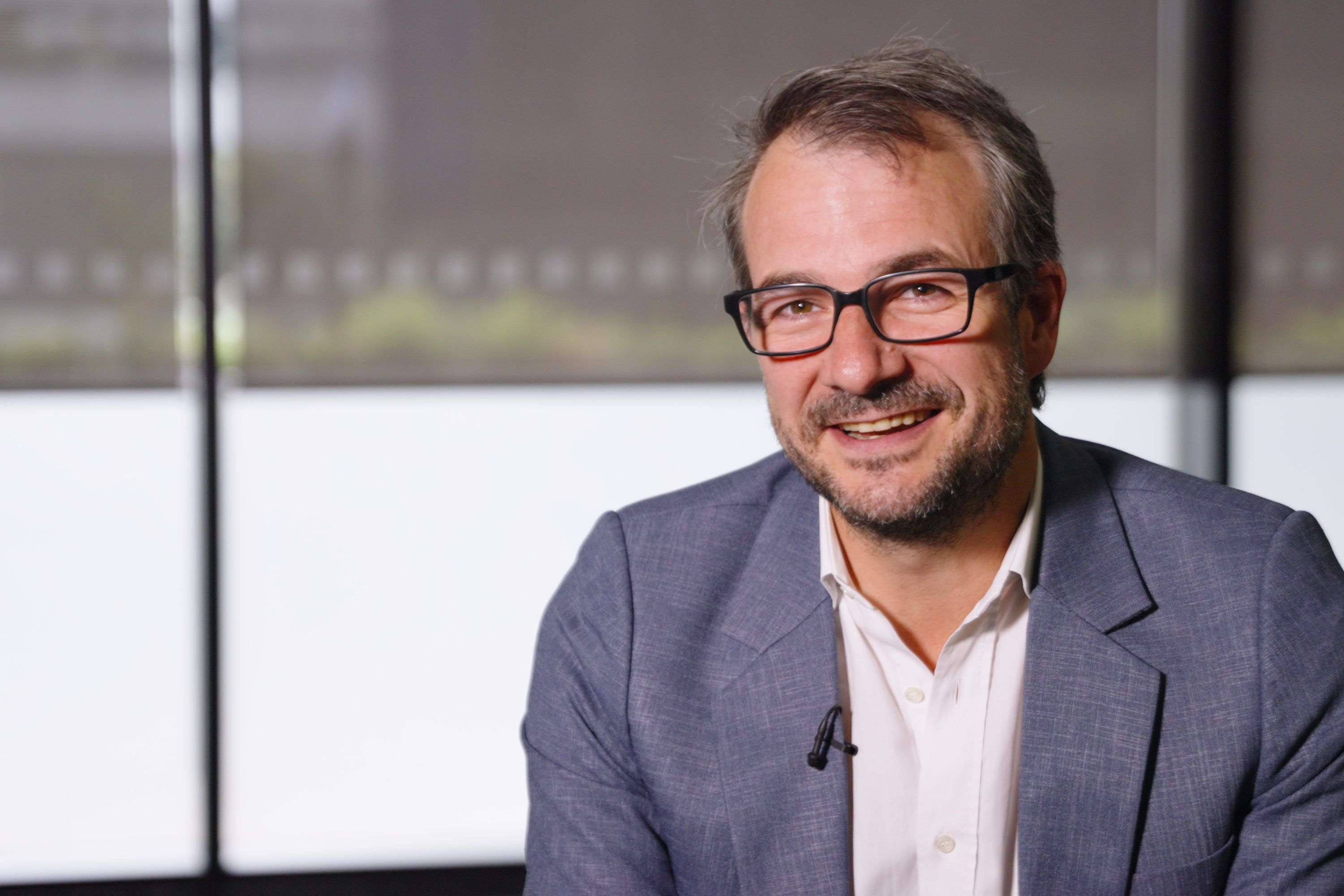
Guillermo Rein, Professor of Fire Science
Guillermo Rein, Professor of Fire Science, talks about his research into wildfires and fire science.
From London to the Arctic, wildfires are an increasing threat we have to understand better, says Guillermo Rein, Professor of Fire Science in the Leverhulme Centre for Wildfires, Science and Society.

Dr Ana Mijic, Senior Lecturer in Water Systems Analysis
Dr Ana Mijic discusses the water cycle, sustainable development and nature-based solutions.
Dr Ana Mijic, Senior Lecturer in Water Systems Analysis and Co-Director of the Centre for Systems Engineering and Innovation, discusses her research on the water cycle, sustainable development and nature-based solutions.
